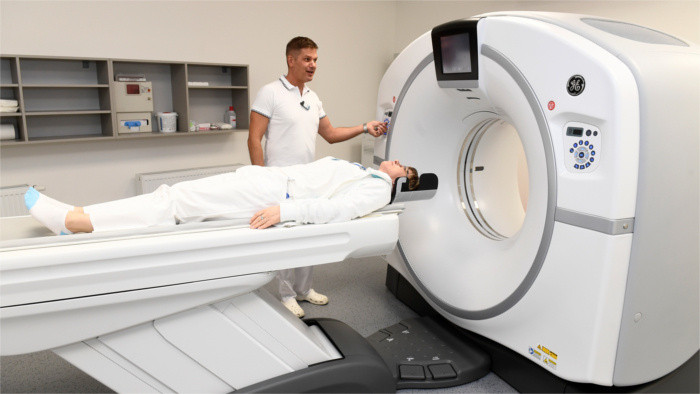The Ministry of Health has launched the first phase of debt relief plan for public and private hospitals with 29 health care facilities signing up, according to its spokesperson Zuzana Eliášová. They include the largest and most indebted facilities in Slovakia such as the university hospitals in Bratislava and Košice and the faculty hospital in Prešov. All Slovak hospitals have the opportunity to join voluntarily with a total of €585 million being earmarked from the state budget for this purpose. The debt relief plan has three stages with older debts to be first in line to be paid. Those interested in joining the scheme will have to fulfil several obligations, including meeting a recovery plan and setting up supervisory bodies. If the hospitals break the agreement, they will face sanctions. The debt relief should be completed next year. "We are currently at the stage of asking creditors to verify their claims," said Eliášová.
Suppliers of special medical material which, together with the social insurance company Socialna poisťovňa are hospitals' largest creditors, have complained against the plan to the Constitutional Court. The Slovak Association of Suppliers of Medical Devices (SK+MED)findsthe scheme discriminatory. They do not like the fact that the debt settlement plan relies on an estimate €65 million haircut that must be provided by suppliers if they want to join. Suppliers also insist on the coverage of all maturity receivables without compromise. The association dislikes the fact that "the medical technology segment is in the maturity chain of receivables placed at the absolute end, and these suppliers are the largest creditors and at the same time sponsors of Slovak healthcare." The Health Ministry's spokesperson, however, says the plan is based on a voluntary decision to join and does not discriminate against anybody.
This will be the fourth debt settlement in the history of the independent Slovakia. Analyst Dušan Zachar from INEKO; a think-tank based in Bratislava, says that debt relief schemes send the wrong signal to hospital managers especially to those in the portfolio of the Health Ministry. "This way they are not motivated to manage the facility responsibly, many are political nominees which makes them harder to be sanctioned if they break the rules", said Zachar.

